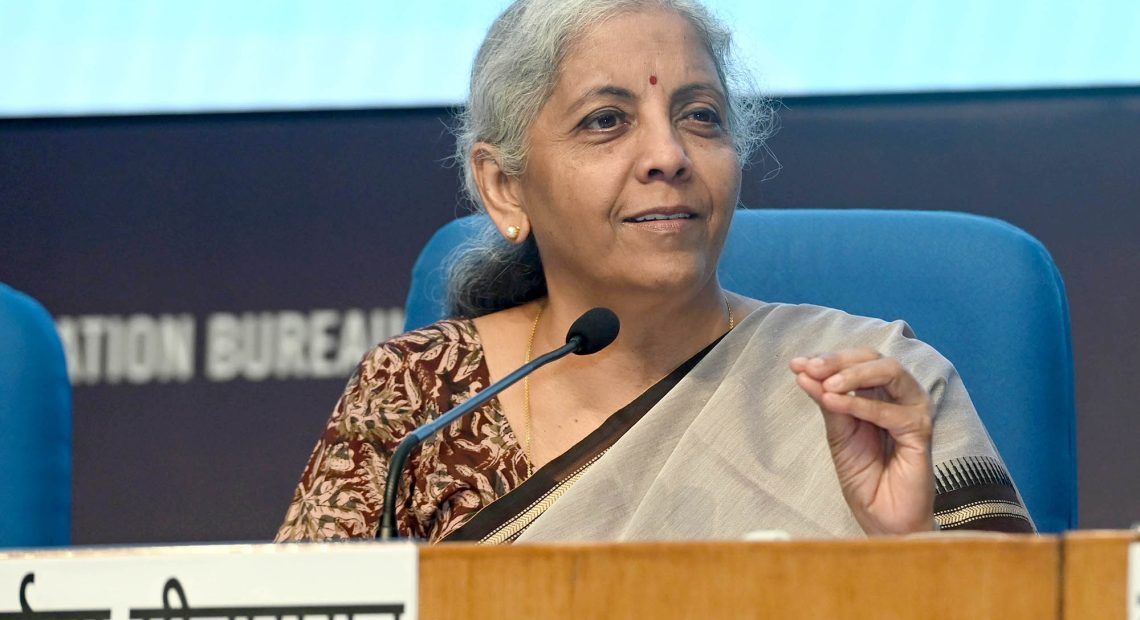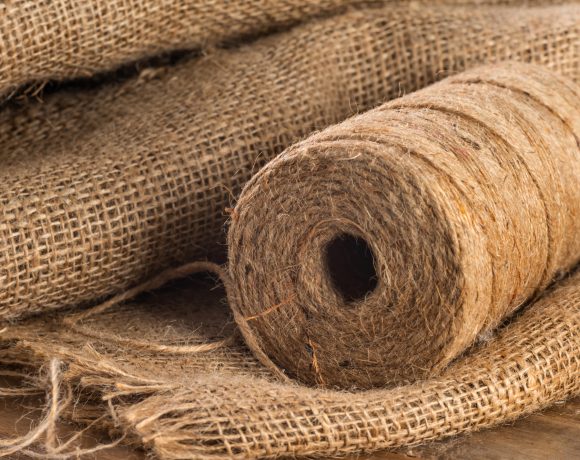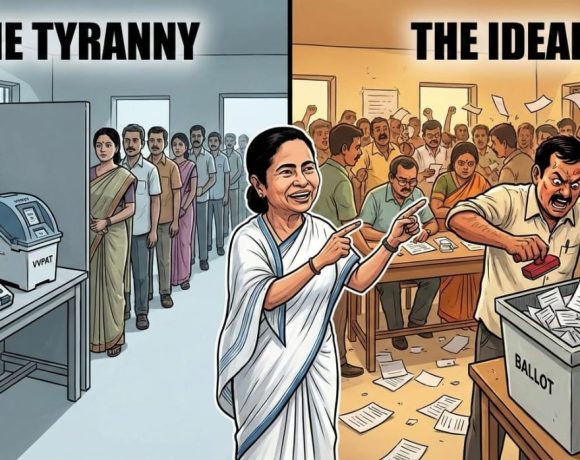
GST Council Rolls Out Two-Slab Tax, Adds 40% ‘Sin’ Tier
The GST Council, chaired by Finance Minister Nirmala Sitharaman, has approved sweeping reforms to India’s Goods and Services Tax (GST), effective from 22 September 2025, coinciding with the Navratri festival.
New GST Structure
Under the new framework, the existing four tax slabs—5%, 12%, 18%, and 28%—are replaced by a simplified two-slab structure of 5% and 18%. In addition, a special 40% ‘sin and luxury’ slab will be introduced for certain items such as carbonated beverages, high-end cars, and luxury products. Tobacco and related products will remain under the existing regime (GST plus compensation cess) until liabilities are cleared, after which they will transition to 40%.
Relief on Everyday Goods
Everyday goods such as shampoos, toothpastes, soaps, kitchenware, and packaged foods will now be taxed at 5%, down from higher slabs. Essential items including ultra-high-temperature milk, paneer, rotis, health insurance, and life insurance policies are now exempt or zero-rated.
Changes for Consumer Durables
Consumer durables like air conditioners, televisions, small cars (petrol below 1200 cc, diesel below 1500 cc), motorcycles up to 350 cc, and auto parts will now fall under the 18% slab, reduced from 28%. The Council said the move is aimed at boosting demand and easing the tax burden on middle-class households.
Procedural Reforms
The Council also approved procedural reforms such as faster MSME GST registration and automated provisional refunds. It further endorsed operationalizing the GST Appellate Tribunal (GSTAT) by the end of 2025 to streamline tax dispute resolution.


















